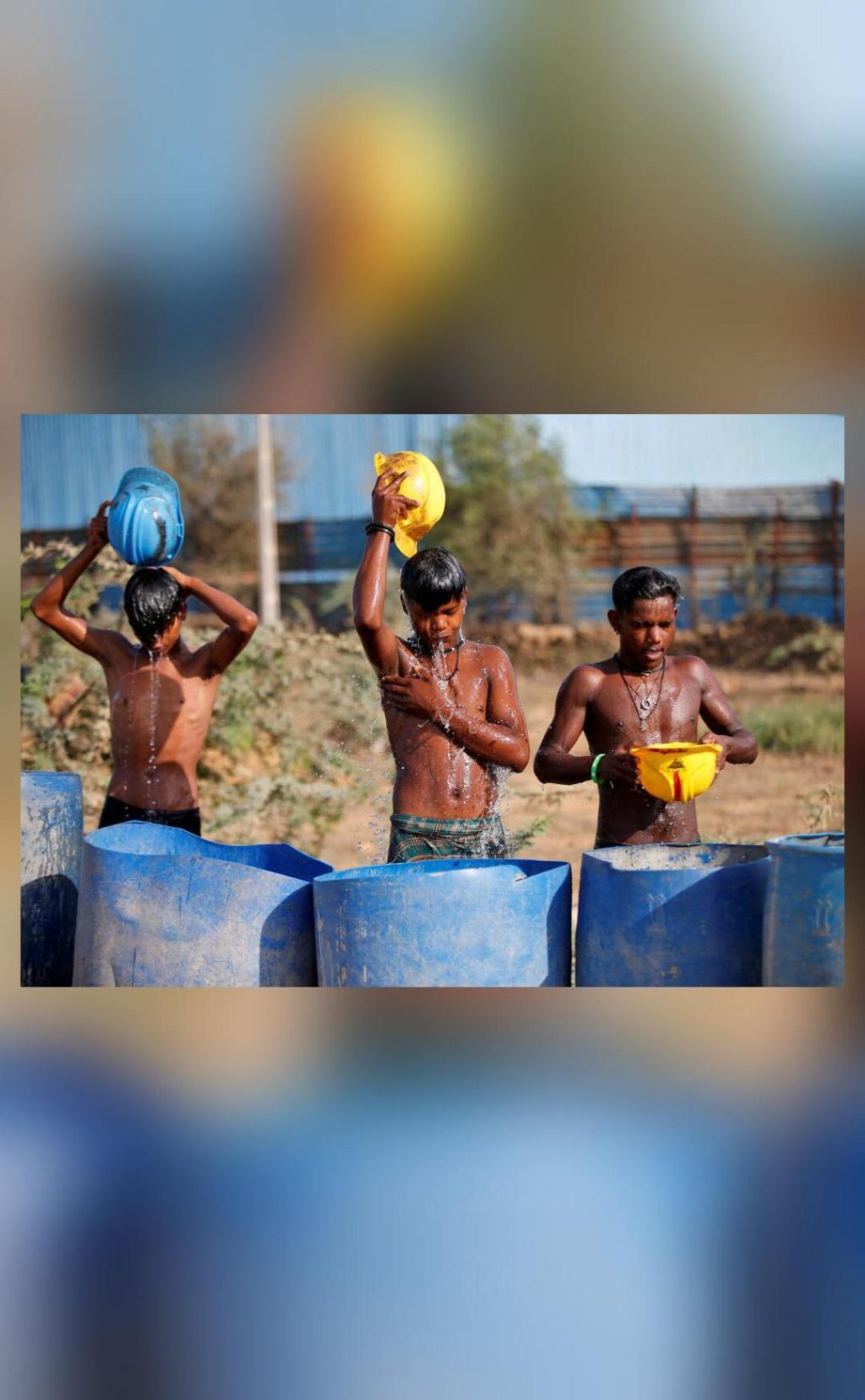
Youth more likely to die from extreme heat than old people: Study
As the world grapples with the increasing threat of climate change, a new study by Columbia University has revealed a shocking truth about the impact of extreme heat on different age groups. According to the analysis, younger populations are more likely to die from heat-related illnesses than the elderly. The study, which examined heat-related deaths in Mexico between 1998 and 2019, found that a staggering 75% of such fatalities occurred among individuals under the age of 35.
The findings may seem counterintuitive, given the conventional wisdom that older people are more vulnerable to heat stress due to declining physical health and decreased ability to regulate their body temperature. However, the study suggests that younger individuals may be more susceptible to heat-related illnesses due to a combination of factors, including their higher metabolism, greater physical activity levels, and increased exposure to outdoor temperatures.
The analysis, which was published in the journal Environmental Health Perspectives, used data from the Mexican Ministry of Health and the National Institute of Statistics and Geography to examine the relationship between heat-related deaths and age. The researchers found that while heat-related deaths did increase with age, the rate of increase was not as pronounced as expected. In fact, the study revealed that individuals above the age of 50, who are typically considered to be at high risk of heat-related illnesses, suffered the lowest levels of heat-related death.
So, why are younger people more likely to die from extreme heat? One possible explanation is that younger individuals may be more likely to engage in outdoor activities, such as sports or construction work, which can increase their exposure to hot temperatures. Additionally, younger people may be more likely to ignore the early warning signs of heat-related illnesses, such as dizziness or headaches, and continue to engage in strenuous activities.
Another factor that may contribute to the higher risk of heat-related illnesses among younger people is their metabolism. Younger individuals tend to have faster metabolisms than older people, which can make them more susceptible to heat stress. When the body is exposed to high temperatures, it produces heat as a byproduct of its metabolic processes. In older individuals, the metabolism slows down with age, which can reduce the amount of heat produced by the body and make it easier for them to regulate their body temperature.
The study’s findings have significant implications for public health policies and heatwave management strategies. According to Dr. Carlos M. Romero, the lead author of the study, “Our findings suggest that heatwave preparedness and response strategies should focus more on younger populations, particularly those under the age of 35, and less on older adults.”
The study’s results also highlight the need for increased awareness and education about the risks of heat-related illnesses among younger people. Young individuals may be more likely to ignore the early warning signs of heat-related illnesses or may not recognize the severity of the risk. Public health campaigns and educational programs should therefore focus on increasing awareness about the risks of heat-related illnesses among younger people and promoting heat safety behaviors, such as staying hydrated, taking regular breaks in shady areas, and avoiding strenuous activities during peak heat hours.
In conclusion, the study by Columbia University provides a sobering reminder of the importance of heatwave preparedness and response strategies. While older individuals may be more vulnerable to heat-related illnesses due to declining physical health, younger people are more likely to die from extreme heat due to their higher metabolism, increased physical activity levels, and decreased awareness of the risks. As the world continues to grapple with the increasing threat of climate change, it is essential that we prioritize heat safety and take steps to protect all individuals, regardless of age, from the devastating effects of extreme heat.
Source: https://www.ndtvprofit.com/amp/bqlearning/research-heat-young






